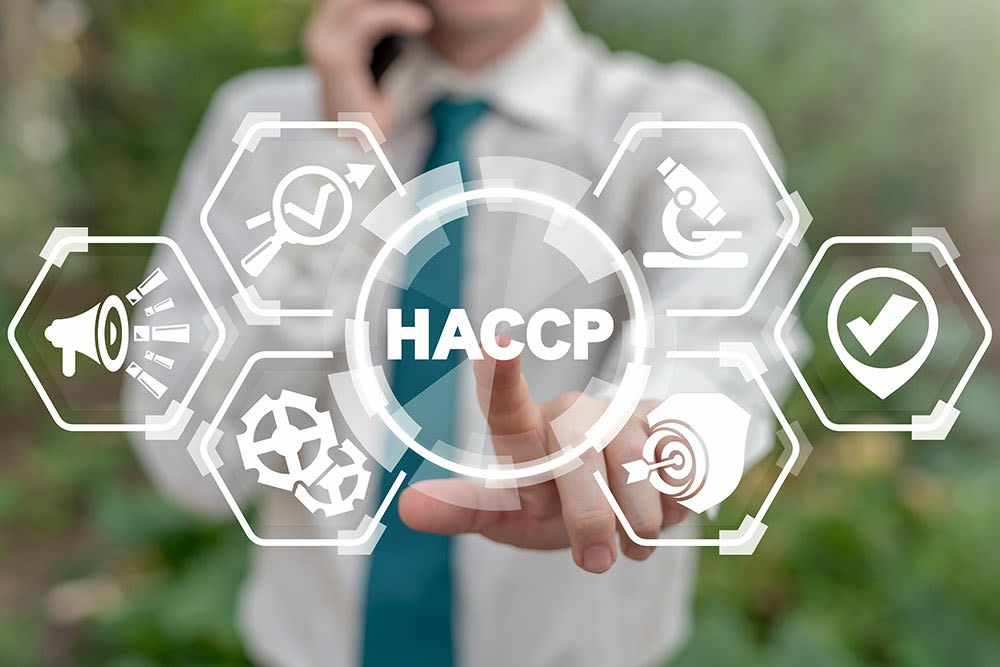


 349,500 Offered Certificates
349,500 Offered Certificates
 24/7 Online Training
24/7 Online Training
 Money Back Guarantee
Money Back Guarantee
 Fully Accredited Courses
Fully Accredited Courses

Created at: 26-02-2025 09:26
In the competitive world of food service, safety and compliance are paramount. For businesses operating in Dublin, Cork, Galway, Limerick, Waterford, and Belfast, adhering to HACCP (Hazard Analysis and Critical Control Points) regulations is not just a legal obligation but a pathway to success. This comprehensive guide outlines how HACCP training can help your food business stay compliant, protect your customers, and ultimately contribute to a thriving food economy.
HACCP is designed to ensure food safety through a systematic approach to identifying and managing potential hazards in food production. Established by the Codex Alimentarius Commission, HACCP principles are now entrenched in Irish and EU food safety regulations. Compliance with these regulations helps mitigate the risk of foodborne illnesses, which are critical in maintaining public health.
Yes, HACCP training is mandatory for food businesses in Ireland. Under the Food Safety Authority of Ireland (FSAI) regulations, businesses must implement a food safety management system based on HACCP principles. This requirement extends to all food handlers, from restaurant staff to food manufacturers, underscoring the need for comprehensive training.
Achieving HACCP certification requires a systematic approach. Here’s a breakdown of the essential steps:
With the growing demand for flexible learning solutions, many food businesses consider online HACCP training as a viable alternative to traditional in-person training. Here are some pros and cons for each approach:
Avoiding common pitfalls is crucial for successful HACCP implementation:
Consumers are becoming increasingly aware of food safety issues. Achieving HACCP certification not only ensures compliance but also translates into consumer trust. By demonstrating a commitment to food safety, businesses in cities like Dublin and Cork can differentiate themselves in a competitive market.
A HACCP audit assesses your business's adherence to established food safety procedures. It involves reviewing documented procedures, conducting interviews with staff, and observing operations. Regular audits help maintain compliance and identify areas for improvement.
In summary, HACCP training is vital for food businesses aiming to uphold the highest standards of safety and compliance. Whether you're a restaurant owner in Belfast or a catering professional in Waterford, investing in HACCP certification will benefit your business and assure your customers of safe dining experiences.
Ready to take the next step? Enroll in our HACCP training course to ensure your food business remains compliant with Irish and EU regulations. For inquiries, contact us at [email protected].